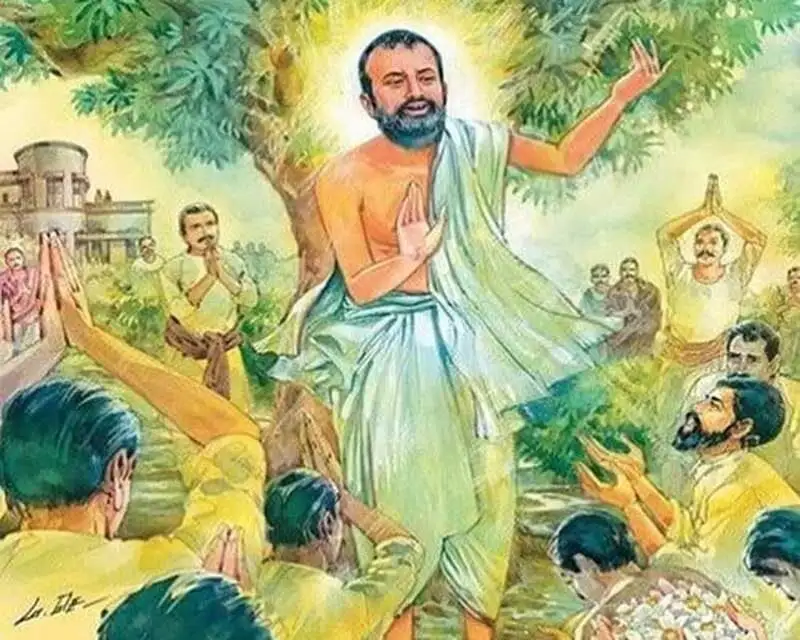Explore Kalpataru's mythical journey and divine powers from the ocean's depths to Krishna's heroic tale. Discover more about this wish-granting tree.
Discover the elusive spiritual insights of Sanaka and his brothers, sages who sought the Lord's mysteries beyond creation's bounds.
Explore the concept of manas, the mind in Indian thought, its role in perception, emotions, and spiritual connection, bridging the material and consciousness.
ALAHNIAN, Guru Nanak\'s composition in measure Vadahans in the Guru Granth Sahib. Alahni, generally used in its plural form alahnian, is a dirge wailingly sung in chorus by women mourning the death of a relation. Etymologically, the word means an utterance in praise (of the departed person). The sorrowful singing of alahnian is part of the mourning custom of siapa. The women assemble at the house of the dead person and cry aloud beating their breasts while standing, or sit together and bewail.
Discover the timeless elegance of Maru Vār, Guru Arjan's martial melodies in Guru Granth Sahib, annulling the five evils through devotion and spiritual insight.
Explore the spiritual essence of Anjulia by Guru Arjan in the Guru Granth Sahib. Discover lessons on meditation, materialism, and divine will.
Explore the concept of Maya in Indian tradition as the veil concealing reality, its cosmic power, and its unique interpretations in Sikhism.
Discover how a young Guru Nanak made an acrostic, Patti, from memory—reflecting on the One Lord's creation. An inspiring tale of divine wisdom.
Discover how Bhai Mayya Khullar and others attained liberation through Guru Ram Das's teachings on being non-attached while engaging in worldly affairs.
AVTAR SINGH AZAD Avtar Singh \'Azad\', (1906 - 1972) the minor Punjabi poet, is not deserving of notice. Before independence, he had published four collections of poems, Swant Bundan (Drops of Bliss), Savan Pinghan (The Swings of Savan), Vishva Vedna (Plight of the World) and Kansoan (Intimations), and published a translation of the Rubaiyat of Omar Khayyam under the title of Khayyam Khumari (Inebriations of Khayyam). His style is rhetorical in the way of most Urdu poetry.





